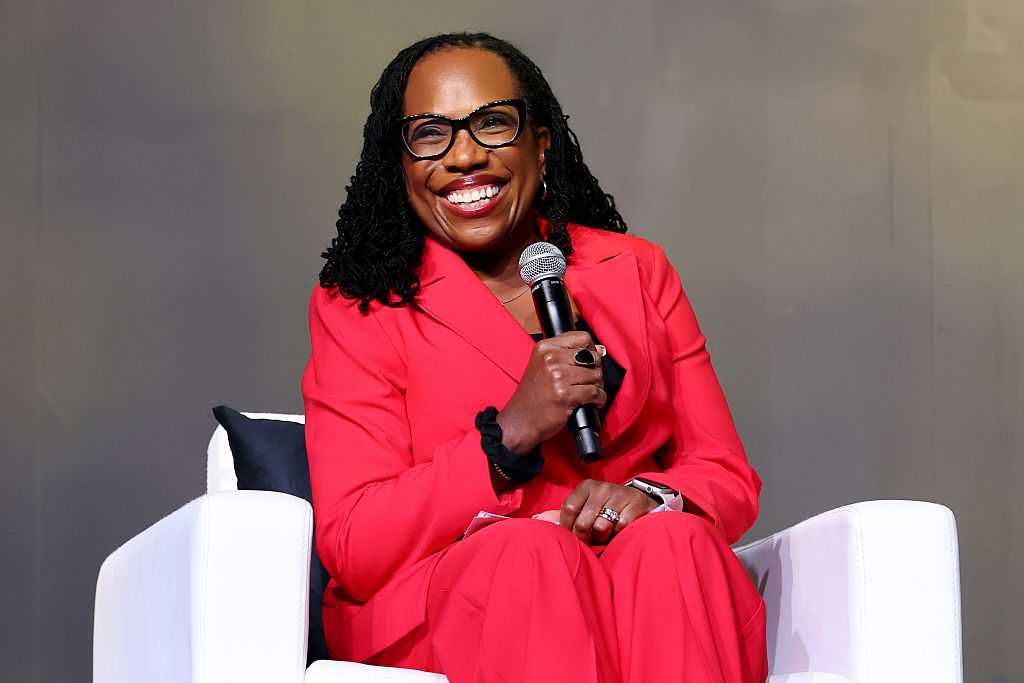Good riddance to BuzzFeed News. There is no other way to put it. BuzzFeed and its subsequent news division spin-off did more harm to the online journalism industry than almost any other media outfit. It placed importance on churning out content and putting twenty-something undertrained interns in charge of some of the most socially volatile news issues on the internet and in American culture. Their journalists became churnolists and the amount of content became king, not the quality of content.
As media cancel culture continues to rear its ugly head and journalists still roam the countryside to make their audiences outraged about… anything, almost no other mainstream outlet (besides Gawker or Jezebel) went out of their way to maximize and monetize cancel culture media storylines and raise the profile of some of the most toxic agenda-driven junior journalists employed today.
For example, in May 2018, BuzzFeed News published “This Teen Wore A Traditional Chinese Dress To Prom And Caused A Huge Controversy.” The teen was a random teenage girl from Utah, not a celebrity, who chose to wear a qipao to her prom. Because BuzzFeed capitalized off whatever scandal of the day was trending on Twitter, she had reporters contacting her for comment and elevating an internet mob against her.
BuzzFeed also prioritized social-justice narratives over fact based reporting. In December 2016, off the heels of the media outrage at the election of Donald Trump, BuzzFeed published a story about Yasmin Seweid, a Muslim teenager who claimed that she had been attacked on a New York City Subway by Trump supporters. BuzzFeed’s headline blasted out “Drunk Men Yelling ‘Donald Trump‘ Attempt To Remove Woman’s Hijab On NYC Subway.” Without doing any investigating, BuzzFeed leapt to her defense and published her account. As it turned out, Seweid had fabricated the accusations, and even faced arrest in New York City. BuzzFeed had to amend their original story, but without a full retraction.
This became a standard adopted practice throughout most of the media during the Trump era. On the night of the Boston Bombing, that saw the city shutdown in an unprecedented manhunt, BuzzFeed reporter and now CNN fact-checker Andrew Kaczynski shared a tweet that inaccurately named one of the suspects. This was prior to the FBI naming the perpetrators. The person that Kaczynski inaccurately fingered, as it turns out, committed suicide and had been missing for a month prior to the actual bombing.
BuzzFeed News reporters loved to inject themselves into stories without verifying facts. This practice reached new heights when the site published, in whole, the famed Steele Dossier, which reportedly exposed President Donald Trump’s connections to the Kremlin in Russia. The dossier was a controversial document, with fanatical claims that were never verified. Some were even later debunked completely by intelligence officials. Later it was revealed that the dossier itself was a piece of opposition research commissioned by the Hillary Clinton campaign, and passed through Democratic operatives like Media Matters’s David Brock.
BuzzFeed’s emphasis on hiring inexperienced young staffers more interested in pushing political tropes than following the facts to report out stories became an industry-wide practice, as did the journalistic model of hitting publish first and verifying “details” later. It prioritized eyeballs over accuracy. It elevated the sensationalist profiles of Baked Alaska, who became an alt-right personality serving jail time for his part in entering the Capitol on January 6, and right-wing game show host Benny Johnson. Former BuzzFeed writer Megan Apper joined the Biden campaign in 2020 which needless to say created a conflict of interest for her former coworkers hoping to cover the presidential candidate fairly and accurately (who am I kidding?).
BuzzFeed News’s journalistic model was not based on accurate unbiased reporting. It was about creating internet mobs and directing them against people with no media profile to speak of whatsoever, and monitoring that outrage. The BuzzFeed approach was then replicated by several other news outlets, which to this day carry on this legacy. It was a cancer on ethical journalism, changed the world of internet reporting for the worst — and while I take no pleasure in people losing their jobs, that website absolutely deserved to die.





















